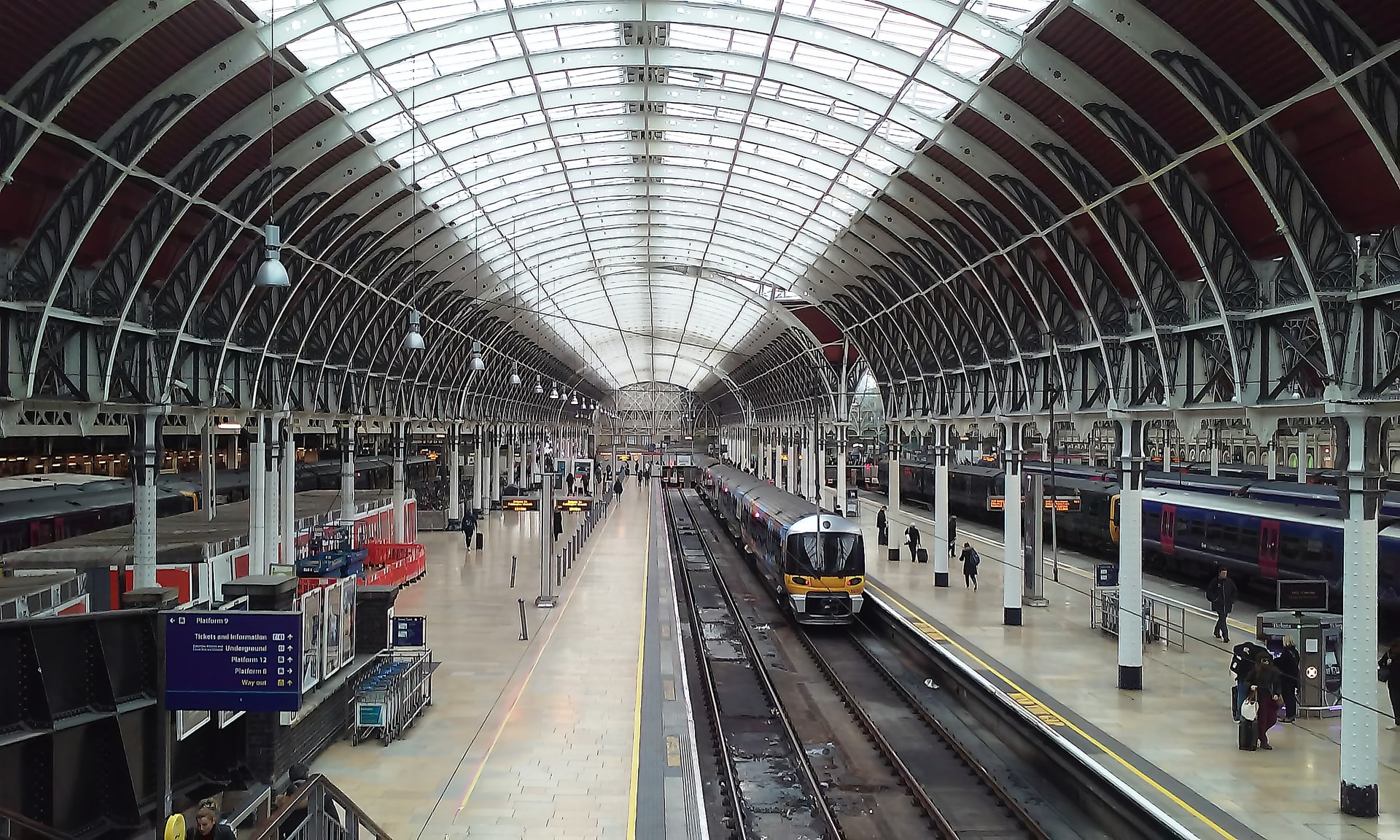If you’re a user of our country’s railway network, the chances are you’ll have utilised the services of a train station ticket office. Since the Victorian era, ticket offices have been a defining feature of our railways, enabling passengers to get the cheapest fare for their journey. In addition, the ticket office clerk has historically been employed from the local area, which supports the local economy and provides stability for families.
But the future of staffing at stations is under threat. This is a view I echoed to the Rail Minister at a Westminster Hall debate on the proposed changes, which I led in September. I was joined by colleagues from across the House in one of the most well-attended debates in Westminster Hall.
The groundswell of opinion stems from a recent consultation – led by Transport Focus on behalf of train operators – which sought to collate views on the proposals to move staff out of ticket offices and onto station platforms and concourses to support better, face-to-face interactions, with the potential to close ticket offices in a number of locations.
As a concept, I believe that moving staff from being solely behind the ticket office window to be more visibly present on the station to be directly helping passengers – whether it is with purchasing tickets or helping on and off the train – is good thing. And it is, in principle, an initiative that I support.
However, behind this disingenuous proposal lies the train operators’ real motivation: to slash ticket office staffing hours. This is manifest in my West Dorset constituency, where the local operator – South Western Railway – don’t plan to just move staff from the ticket office to the station, they plan to cut overall staffing hours by c50% at Dorchester South and Sherborne stations.
For instance, the proposals at Dorchester South Station – the county town’s station – are deeply worrying. It will disproportionally impact the elderly; disabled; those with mobility issues; and those residents living in rural areas. Moreover, the county town’s station already has a pre-existing problem with accessibility, with a footbridge that is outdated and is absent of lifts. In addition, many elderly residents have no access to digital technology and have no wish to succumb to digitisation and want to be served or helped by a human – not a machine.
What’s more, the proposals compound years of terrible service by South Western Railway (SWR) for residents in West Dorset. Slashing the staffing hours is just one of a number of piecemeal measures taken by the train operator over the years. We have had prolonged periods of time where we have been completely cut off from connections to London Waterloo; the onboard catering facility has been totally removed on all trains operated by SWR; and passengers are frequently dumped at stations with no onward connections.
Supporters of the scheme to reduce staff and close ticket offices are fixated on one statistic to justify their cause: that nationally, 12% of train tickets were sold from station offices in 2023, representing a decrease of 85% since 1995. But the reality is that this statistic is not reflective of the situation my constituents face. It might well illustrate the trend in more urban settings, but in rural West Dorset, 30% of the population is aged 65 or over, which suggests that an above average level of people continue to use ticket offices. This is the situation in much of the South West region, and it simply does not warrant staff to be removed from stations, particularly at rural stations and where higher-aged communities continue to use them.
In my Westminster Hall speech, I also outlined the drawbacks to not having the option to speak to someone first hand. The more conventional approach for fare paying passengers is to purchase tickets through online retailers. But this approach is rife with anti-competitive algorithms set to block certain ticket combinations, meaning the default app-suggested journey from Plymouth to London can cost almost £100 more than the cheapest alternative.
Our stations are home to some of the most experienced and knowledgeable staff working on our railways. In a cost of living crisis, it is only right that passengers are able to access the cheapest fares, and a member of staff can provide this service at a station. In my debate, I urged the Rail Minister veto the proposals made by SWR and other train companies, which will slash station staffing presence. The debate showed very clearly that Parliament does not want this to happen either.


